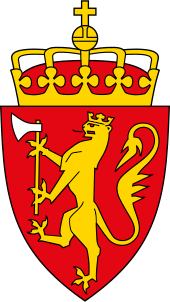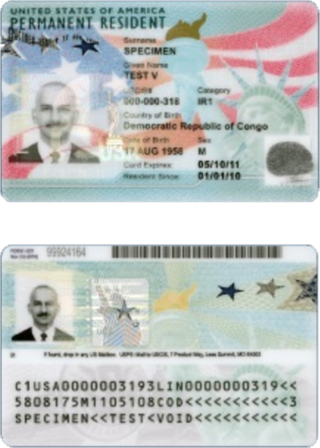
Permanent residency is a person's legal resident status in a country or territory of which such person is not a citizen but where they have the right to reside on a permanent basis. This is usually for a permanent period; a person with such legal status is known as a permanent resident. In the United States, such a person is referred to as a green card holder but more formally as a Lawful Permanent Resident (LPR).

Finish nationality law details the conditions by which an individual is a national of Finland. The primary law governing these requirements is the Nationality Act, which came into force on 1 June 2003. Finland is a member state of the European Union (EU) and all Finnish nationals are EU citizens. They are entitled to free movement rights in EU and European Free Trade Association (EFTA) countries and may vote in elections to the European Parliament.
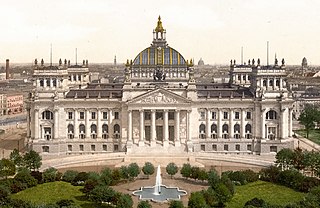
German nationality law details the conditions by which an individual is a national of Germany. The primary law governing these requirements is the Nationality Act, which came into force on 1 January 1914. Germany is a member state of the European Union (EU) and all German nationals are EU citizens. They have automatic and permanent permission to live and work in any EU or European Free Trade Association (EFTA) country and may vote in elections to the European Parliament.
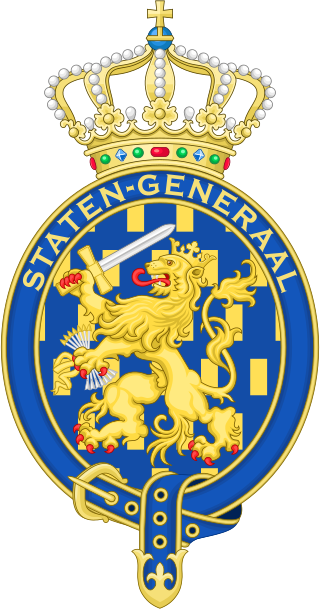
Dutch nationality law details the conditions by which a person holds Dutch nationality. The primary law governing these requirements is the Dutch Nationality Act, which came into force on 1 January 1985. Regulations apply to the entire Kingdom of the Netherlands, which includes the country of the Netherlands itself, Aruba, Curaçao, and Sint Maarten.

The primary law governing nationality of Portugal is the Nationality Act, which came into force on 3 October 1981. Portugal is a member state of the European Union (EU) and all Portuguese nationals are EU citizens. They are entitled to free movement rights in EU and European Free Trade Association (EFTA) countries and may vote in elections to the European Parliament.
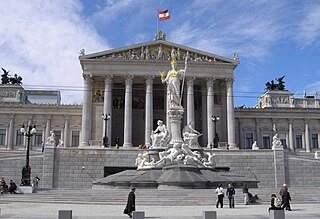
Austrian nationality law details the conditions by which an individual is a national of Austria. The primary law governing these requirements is the Nationality Law, which came into force on 31 July 1985.

Maltese nationality law details the conditions by which a person is a national of Malta. The primary law governing nationality regulations is the Maltese Citizenship Act, which came into force on 21 September 1964. Malta is a member state of the European Union (EU) and all Maltese nationals are EU citizens. They have automatic and permanent permission to live and work in any EU or European Free Trade Association (EFTA) country and may vote in elections to the European Parliament.

Icelandic nationality law details the conditions by which an individual is a national of Iceland. The primary law governing these requirements is the Icelandic Nationality Act, which came into force on 1 January 1953. Iceland is a member state of the European Free Trade Association (EFTA). All Icelandic nationals have automatic and permanent permission to live and work in any European Union (EU) or EFTA country.

Slovenian nationality law is based primarily on the principles of jus sanguinis, in that descent from a Slovenian parent is the primary basis for acquisition of Slovenian citizenship. However, although children born to foreign parents in Slovenia do not acquire Slovenian citizenship on the basis of birthplace, place of birth is relevant for determining whether the child of Slovenian parents acquires citizenship.

The Citizens' Rights Directive 2004/38/EC sets out the conditions for the exercise of the right of free movement for citizens of the European Economic Area (EEA), which includes the member states of the European Union (EU) and the three European Free Trade Association (EFTA) members Iceland, Norway and Liechtenstein. Switzerland, which is a member of EFTA but not of the EEA, is not bound by the Directive but rather has a separate multilateral sectoral agreement on free movement with the EU and its member states.

A Norwegian passport is the passport issued to nationals of Norway for the purpose of international travel. Beside serving as proof of Norwegian citizenship, they facilitate the process of securing assistance from Norwegian consular officials abroad.
Gun laws in Norway incorporates the political and regulatory aspects of firearms usage in the country. Citizens are allowed to keep firearms. The acquisition and storage of guns is regulated by the state.

Bulgarian nationality law is governed by the Constitution of Bulgaria of 1991 and the citizenship law of 1999.

Danish nationality law is governed by the Constitutional Act and the Consolidated Act of Danish Nationality. Danish nationality can be acquired in one of the following ways:

The primary law governing nationality in the United Kingdom is the British Nationality Act 1981, which came into force on 1 January 1983. Regulations apply to the British Islands, which include the UK itself and the Crown dependencies, and the 14 British Overseas Territories.

National identity cards are issued to their citizens by the governments of most European Economic Area (EEA) member states, the exceptions are Denmark and Ireland. Ireland however issues a passport card which is a valid document in the EEA and Switzerland. Denmark issues simpler identity cards that are not valid as travel documents. From 2 August 2021, new identity cards are harmonized as a common identity card model replaced the various formats already in use. There are approximately 200 million national identity cards in use in the EU/EEA, including 53 million of the new EU-standard cards. They are compulsory in 15 EEA/EFTA countries, voluntary in 11 countries and in 5 countries they are semi-compulsory. Where the card is compulsory, in some member countries it is required to be carried at all times, while in other countries the mere possession of the card is sufficient.

The Norwegian identity card, commonly referred to as the national identity card in Norway, is a non-compulsory biometric identity document issued since 30 November 2020. It is one of two official identity documents issued by the Norwegian Police Service, the other being the Norwegian passport. It is only issued to Norwegian citizens, and may indicate citizenship so that it can be used as a travel document facilitating freedom of movement within the European Free Trade Association and the European Economic Area. For travel within the Nordic countries no identity documentation is legally required for Nordic citizens due to the Nordic Passport Union.
Uniquely, the Norwegian archipelago of Svalbard, located in the High Arctic, is an entirely visa-free zone. However, travelers who have a visa requirement to enter mainland Norway/the Schengen area must have a Schengen visa if they travel via mainland Norway/the Schengen area. This must be a double-entry visa so they can return to mainland Norway/the Schengen area.
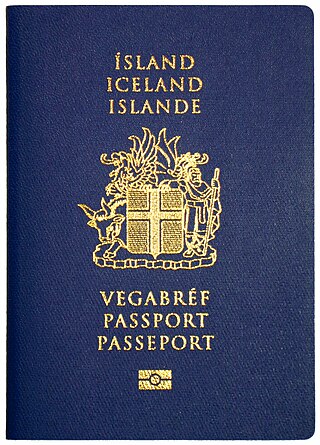
Passports of the EFTA member states are passports issued by the European Free Trade Association (EFTA) member states Iceland, Liechtenstein, Norway and Switzerland. EFTA is in this article used as a common name for these countries.

Liechtensteiner nationality law details the conditions by which an individual is a national of Liechtenstein. The primary law governing these requirements is the Law on the Acquisition and Loss of Citizenship, which came into force on 4 January 1934.
